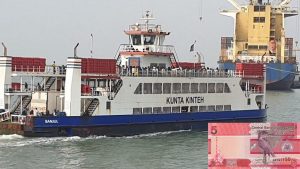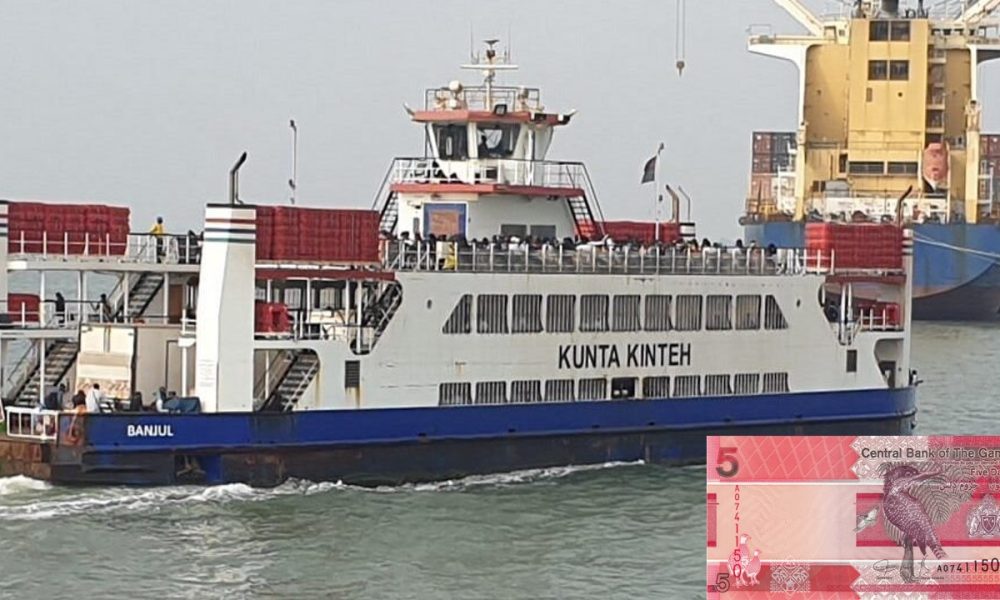A crippling shortage of D5 notes at the Barra/Banjul ferry terminal has sparked outrage among commuters, with many accusing ticket sellers of pocketing the missing change and Gambia Ferry Services (GFS) of turning a blind eye.
For months, passengers have struggled to buy tickets, often forced to wait hours or miss ferries entirely. The situation has left workers late for jobs, traders unable to cross, and students stranded.
“I’ve been trying to get change for hours,” said Fatoumatta Jallow, a trader. “The ticket sellers keep telling me they don’t have D5 notes. How am I supposed to pay for my ticket?”
Another commuter, visibly frustrated, added: “I’m trying to get to my job in Banjul, but I’m stuck here because of this. It’s ridiculous.”
Regular passenger Jariatou Sonko went further, alleging corruption. “They are not returning people’s D5 change because they keep it and later share it among themselves. How many times should we complain about the same issue? Hopefully this will end when NEGMAR starts operation,” she told JollofNews.
Despite repeated complaints, the problem remains unresolved. Worse still, GFS management has failed to provide any public explanation. JollofNews tried to reach the institution’s communication officer for comment, but they were unavailable. The silence has only fueled anger and reinforced suspicions of mismanagement.
The Barra/Banjul crossing remains a vital link for thousands, but what should be a routine journey has turned into a daily scandal. Commuters are now demanding not only answers from GFS but urgent intervention from the government and the Central Bank, whose inaction over the D5 note shortage has allowed the crisis to persist unchecked.

The Ministry of Transport, which oversees the ferry service, is also under growing pressure to act. Many passengers say the ministry cannot continue to distance itself from the chaos at the terminals, as the responsibility for fixing the crisis ultimately lies with both the government and the Central Bank to ensure commuters are not held hostage by a lack of small currency.





